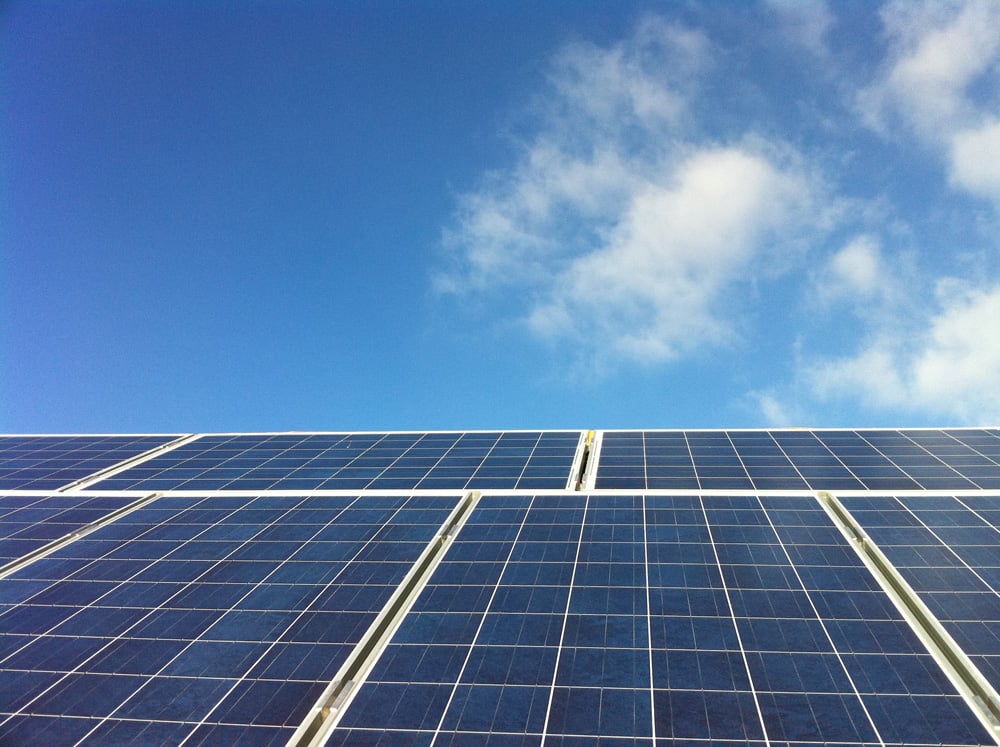
Cleve Hill Solar Park, the joint-venture of Hive Energy and Wirsol intending to develop a 350MW+ solar farm on the Kent coast, has yet to make any decisions regarding the battery storage element of its plans, contrary to media reports.
Stories emerged in the press last weekend linking battery giant Tesla to the project, suggesting that Elon Musk’s company was intending to develop the energy storage element of the facility.
But the companies behind teh project have strongly refuted those reports, stressing that no decisions – including on capacity and technology type – have been made.
“Cleve Hill Solar Park Ltd. is proposing to include battery storage technology in addition to the PV array in their Development Consent Order (DCO) application. Whilst the type and final number of batteries for the project is unknown, a range of scenarios will be presented in the application for the project.
“Battery storage technology is a key part of the government’s Industrial Strategy. The technology can be used in a number of ways in support of renewable energy generation including time shifting output and balancing frequency response. Battery storage technology will be part of the solution to help the grid shift from fossils fuels to renewable energy. By acting to smooth the supply of renewable energy to the grid, battery storage will play a key role in enabling an integrated low carbon energy supply.
“Battery storage technology forms an intrinsic part of the proposal for the Cleve Hill Solar Park and is an exciting part of the future of renewable energy generation,” a statement issued to Solar Power Portal read.
Planning documents reveal that the developers have requested permission for a battery facility up to 350MW in capacity, however SPP understands that the final development capacity will be resolved following discussions with National Grid.
Discussions around the final capacity and indeed the supplier of the battery storage facility may also centre on the desired duration, or mix of different battery durations. The government’s decision to de-rate battery storage facilities competing in the Capacity Market owing to their duration stands to drive interest in longer duration storage and new technologies, with some developers investigating the potential for flow batteries to be deployed at scale.

